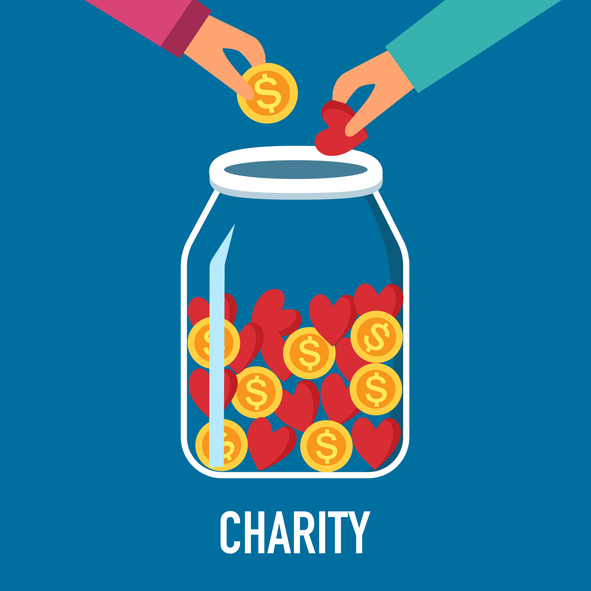Wise Giving Wednesday: Hurricane Matthew Hits the U.S.

News accounts show us pictures of small boats floating across the flooded aftermath of Hurricane Matthew in North Carolina,
as responders seek to rescue remaining residents trapped by the devastation. It is heart wrenching to see what one
storm can do as it went from the Caribbean to the eastern coast of Florida and up through the Carolinas, and how
quickly some lost their homes and possessions. Over 30 lives were lost in the U.S. and the death toll in Haiti rose
to over 1,000 as cholera spread.
Sadly, charity fundraising in response to flooding can sometimes be less successful than other natural disasters.
The Chronicle of Philanthropy reported this past summer (T. Sandoval, “Slow Start for Donations to Aid La. Flood
Victims,” August 23, 2016) that donations to assist victims of flooding in the Baton Rouge had lagged behind other
major disasters such as Hurricane Sandy in 2012, the earthquake Haiti in 2010 and Hurricane Katrina in 2005. Of
course, those other storms had factors that drew more public attention such as the impact on larger metropolitan
areas and the hardships endured by those waiting for assistance.
Last week’s
Wise Giving Wednesday
provided some general tips in making donations to Hurricane Matthew relief. Today, I would like to offer some additional
giving advice to consider.
Phases of disaster relief. Remember that every disaster has several phases – rescue, emergency
relief and recovery. Each part relies on public support and continuing funding for success. The need for donations
doesn’t stop when the headlines do.
Recovery time line. For many communities, recovery will be a long-term activity that can take
many months or years to accomplish, depending on the extent of the damage. Those truly concerned about helping communities
bounce back will have many opportunities to help.
Disaster planning. Although it may seem obvious, no one wants to experience a repeat performance
of a disaster. Areas that work toward recovery will probably also need to develop plans to better respond to
a similar storm in the future. Even those that already had measures in place can find ways to improve based on experience.
On a separate note, as part of our
Building Trust Video Series we are pleased to provide a video that features
Mary Gilberti, J.D., Executive Director of
NAMI, the National Alliance on Mental Illness (a
BBB Accredited Charity). Mary provides a brief overview of the NAMI activities and explains what they do to help
strengthen donor trust.
We are always working with charities to publish or update reports for donors. Visit
Give.org or local BBBs to check out any charity before giving. Finally, remember to let us know by going
to
https://www.give.org/ask-us-about-a-charity1/ if you are interested in seeing a report on a charity
not on the list and we will do our best to produce one.
H. Art Taylor, President & CEO
BBB Wise Giving Alliance


